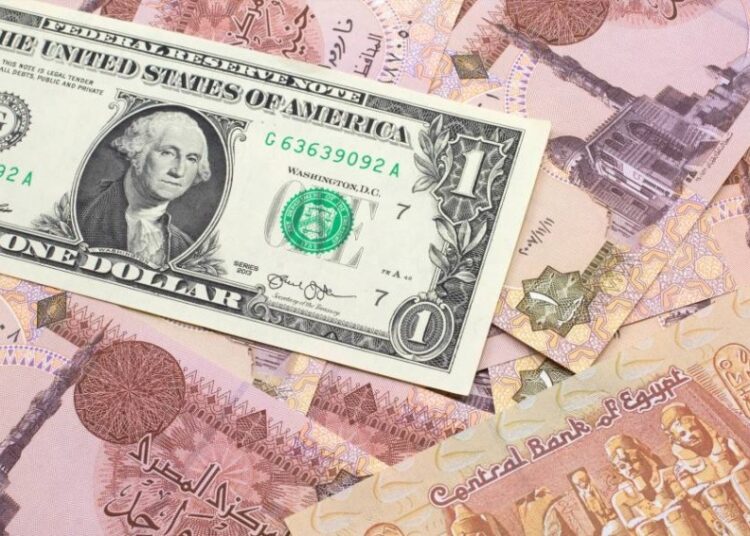By Moustafa Allam
Egypt works hard to decrease its imports through a raft of decisions and national initiatives, all aiming at improving the quality of locally-made products.
The local market continues, however, to be heavily dependent on imports, increasing effects from current global developments on it.
This was probably why Egyptian authorities imposed new restrictions to control imports, especially those with poor quality and low standards.
The authorities also aim to protect local industries and reduce pressure on foreign currency reserves available at the Central Bank of Egypt.
One of the measures the central bank took to rein in the imports was to make it necessary for importers to present bank letters of credit for their import operations, instead of paying directly to exporters in cash.
This came at a time, the rising exchange rate of the US dollar against the Egyptian pound negatively affected the local market as a whole.
The Ministry of Finance has recently raised the exchange rate of the customs dollar to 19.19 pounds, from 18.63 pounds earlier.
The government determines the exchange rate of the customs dollar in its bid to hold importers accountable for their customs duties on imports.
Nonetheless, economists expect the latest rise to have effects on the market.
“The rise in the exchange rate of the customs dollar will certainly lead to more confusion in the market,” Matta Bishai, head of the Committee on Internal Trade at the General Importers’ Division, said in statements to the press.
The exchange rate of the customs dollar, he said, was always below the normal rate to ease burdens on consumers.
He expressed hopes that the government would reconsider the latest raise soon to avoid its impacts on the market.
All these developments are having, meanwhile, their toll on the imports, rendering them lower.
Bishai estimated commodity shortages in the local market at 40%. He blamed the restrictions imposed on import operations for these shortages.
Commodity prices have already risen by between 60 per cent and 70 per cent, especially when it comes to imported goods.
This price rise is mainly induced by the lack of supplies and the rise in import costs.
“These import restrictions do not support the national industry as some people believe,” Bishai said.
Egypt, according to him, imports over 60 per cent of its needs.
Most of these imports are made up of raw materials and production requirements. This means that the restrictions can end up harming the national industry.
Egypt pays around $78 billion for its food imports every year. It pays sizeable amounts of money also for its fuel and other needs.






Discussion about this post